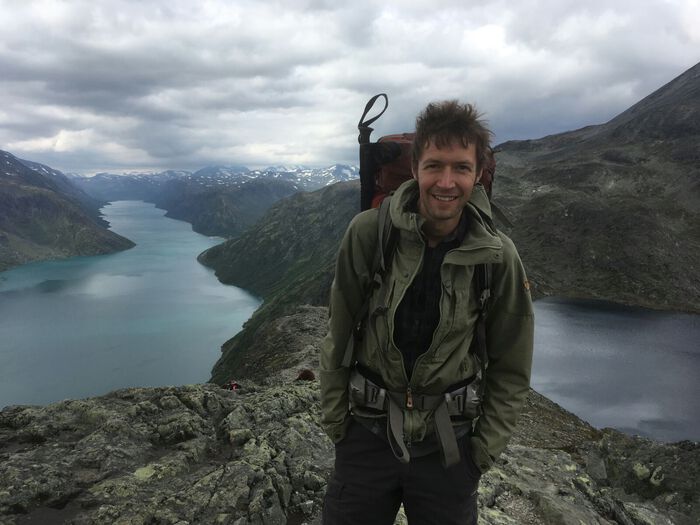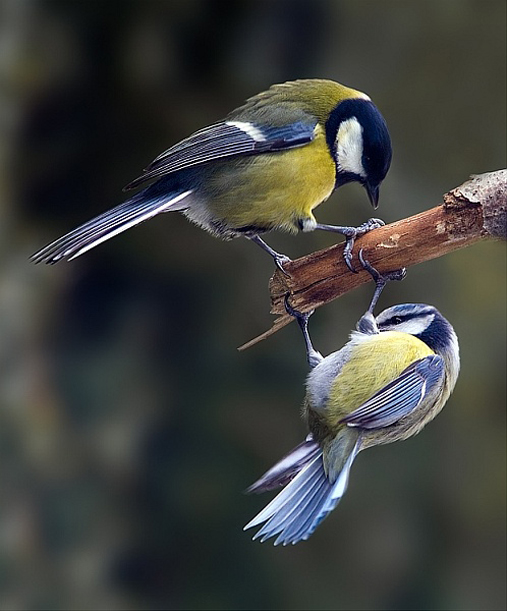Webpages tagged with «Ecology» - Page 2
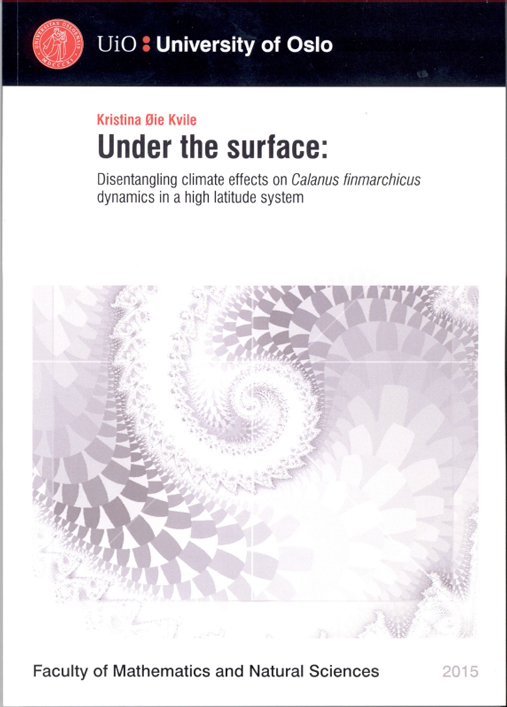
Friday 11 December 2015, Kristina Øie Kvile has defended her PhD about the climate effects on Calanus finmarchicus dynamics with success.

Many heavily fished fish stocks are dominated by young and small fish. The reason is simple: the chance to reach old age is small. If the fisheries selectively target large fish, the dominance of young and small fish becomes even larger. Such skewed age and size distributions can make the fish populations more sensitive to detrimental effects of oil spills.

Population abundance depends on production of young and survival of adults. Assessing the contribution of young production to population growth and identify the main drivers of its variability may help to identify appropriate stock management measures. What happens when several stocks, belonging to different trophic levels and habitats, as well as having different exploitation histories are sharing the same environment?
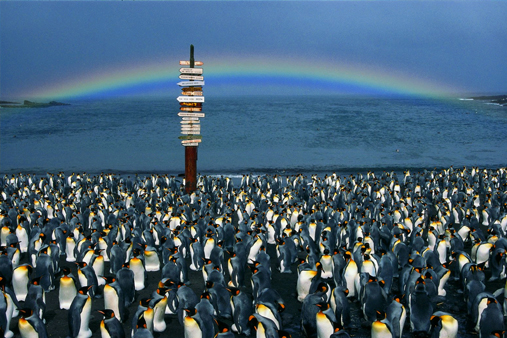
Much of our present knowledge on the ecology and behaviour of animals is derived from longitudinal studies of individuals using long-term datasets. The collection of such datasets requires the ability to identify individuals repeatedly over time, i.e. by individual markings. Here comes the problems for Penguins.
There are, unfortunately, no master projects available at this stage!
The project “Effects of Neonicotinoids and Temperature on Crop Pollination (NEOPOLL)” is a ~4 year Researcher project awarded Anders Nielsen (PI) over the Miljøforsk program at the Norwegian Research Council. The project started in April 2017. There are several master students involved in the project, investigating different aspects of how neonicotinoids affect bumblebee behaviour and colony development, but also more ecotoxicological approaches related to pesticide accumulation in nectar, pollen and bumblebees.

Increased sea temperature due to climate change can influence the distribution, abundance and seasonal timing of zooplankton. Changing zooplankton dynamics might in turn impact the higher trophic levels, such as fish and seabirds, feeding on these animals. In a recent paper, we show that temperature variation in the Atlantic waters of the Norwegian Sea and Barents Sea might have stronger effects on the abundance of the younger than older development stages of Calanus finmarchicus, and that these stages might appear earlier in spring during warm years.

A fundamental challenge for European Marine Science is to deliver scientific impact, global leadership and sustainable blue growth for Europe in times of overexploitation, climate change and other anthropogenic stressors. The Marie Sklodowska-Curie Innovative Training Networks MARmaED project makes important steps to answer this challenge by connecting science, policy and people, thus transcending national borders, disciplinary barriers and sectorial divides.
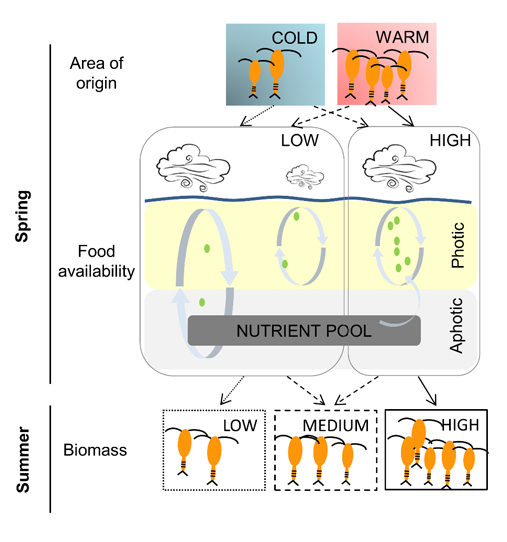
A recently paper published in PNAS, members of the CEES Marine Group explore potential climate effects on Calanus finmarchicus, a key zooplankton species in the North Atlantic. The paper shows how the combination of shallow mixed-layer-depth and increased wind apparently increases chlorophyll biomass in spring, and in turn C. finmarchicus biomass in summer. These findings strongly suggest bottom-up effects of food availability on zooplankton, and highlight the need to consider climate effects “beyond temperature” when projecting zooplankton dynamics under climate change.

Since Hjort’s ground-breaking work, it is admitted that the survival from the egg to the first reproduction is an essential factor affecting the dynamics of fish populations (see post). Human activities around spawning ground may have an effect on the mortality of the younger age. One of such potentially risky activity is oil exploitation which is on the increase in the northern areas.
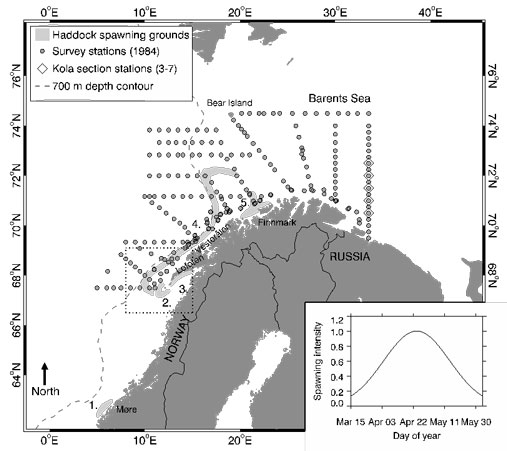
Spawning migration is a prevalent phenomenon for the major fish stocks in the Barents Sea. While many of them migrate to the coast of Norway to spawn they are doing so to different areas. We have studied the Northeast Arctic haddock variability in spawning grounds to understand what drives the observed shifts over time.

High fishing pressure tends to lead to proportionally fewer old and large individuals in fish stocks. It is feared that these demographic changes make the fish stocks more sensitive to climate variability and change. Statistical analysis of long-term survey data on cod eggs throws new light on the possible mechanisms.
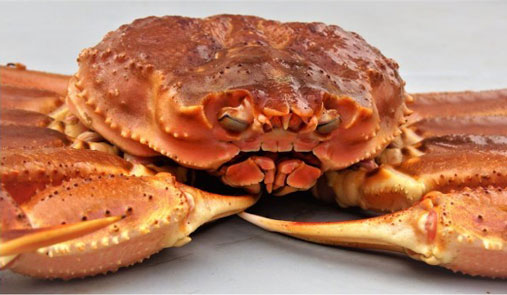
The snow crab (Chionoecetes opilio) is a newly established species in the Barents Sea, increasing in both distribution and abundance in recent years. In this Arcto-Boreal sea, they encountered the most abundant Atlantic cod (Gadus morhua) stock. What happens from here?
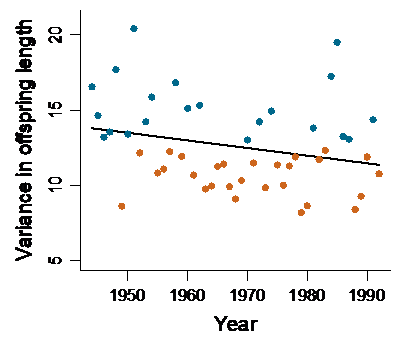
In a recent study, we investigated the impact of size variations within cohorts and how this may affect the stability of cannibalistic populations. We found that large variations in size of the offspring tend to stabilize the population dynamics.

Interdisciplinarity is often presented as the solution to answer some of the major questions of today. Master student Djuna Buizer reflected on the subject in a post.




